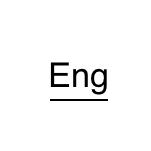➔ 24 000 km covered in soft mobility (taking buses, walking, hitchhiking and sailing)
➔ 24 000 kWh consummed
➔ 26 countries visited (Europe and Central America)
➔ Contact established with 6 universities (Albania, North Macédonia, Kosovo, Guadeloupe, Nicaragua and Guatemala)
➔ 11 trees planted
➔ 255 grains sowed
➔ 655 pieces of trash collected
➔ 213 naps taken
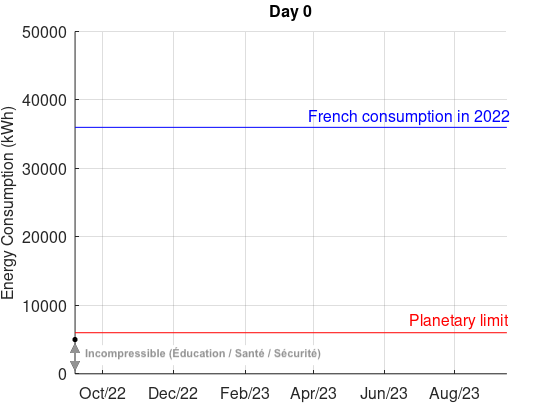
More than numbers, the conclusions of the project are available under that link : Conclusions of "objectif 3000 kWh"
28th of August 2023
My own limits
➔ 0 plantation➔ 100 pieces of trash collected
➔ 10 naps
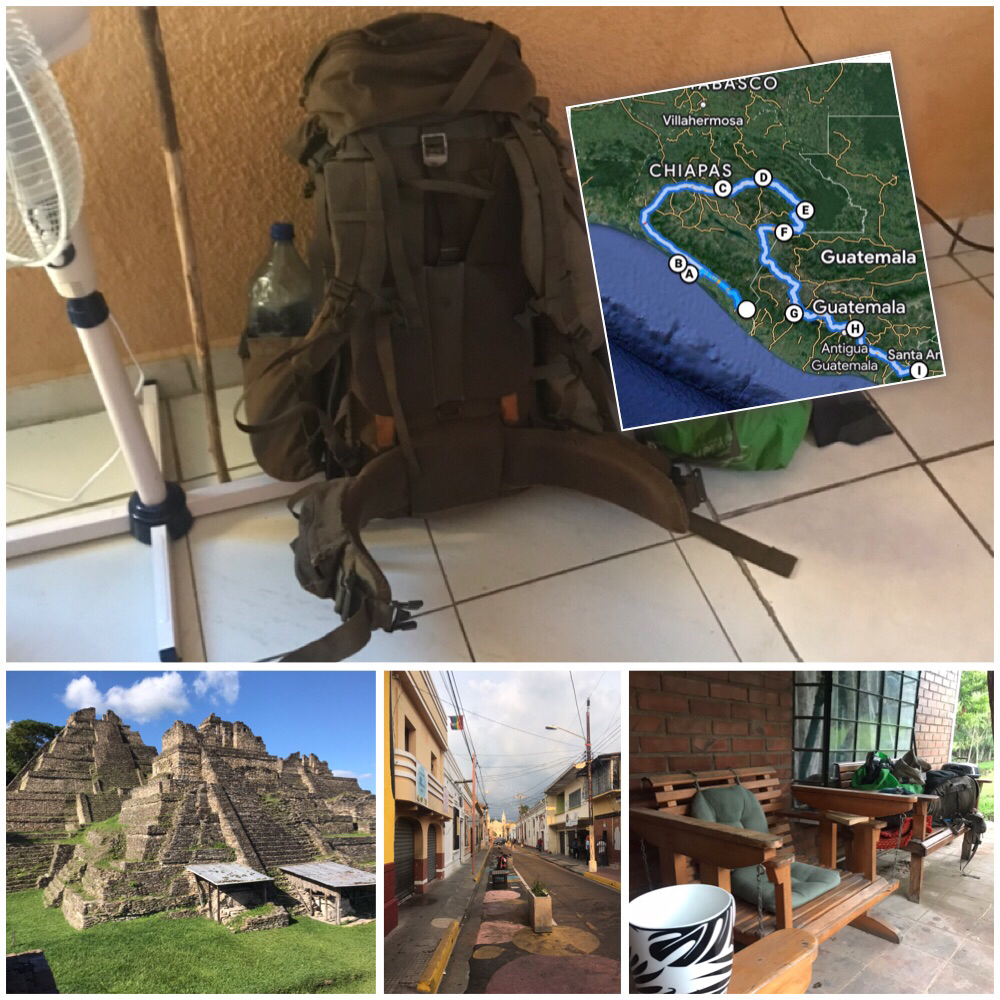
28th of july 2023
In the heart of Central America
➔ 0 plantation➔ 150 pieces of trash collected
➔ 25 naps
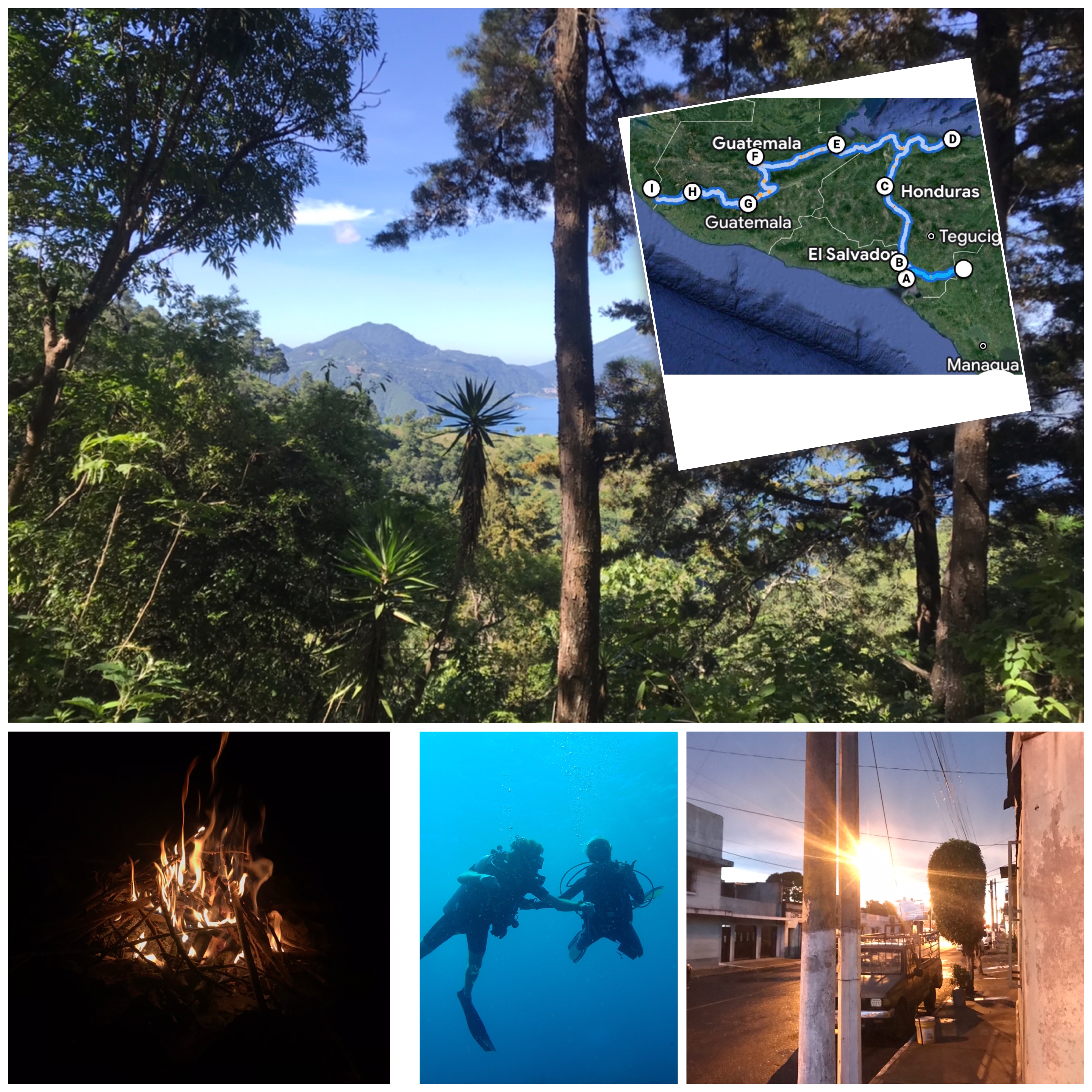
A new month passed on the roads of Central America, and a new experience that builds character. On the agenda: a loss of bearings, an impossible return, and a salutary resilience. All sprinkled with a few picked-up wastes and about twenty naps ;)
As many travelers recount, a long journey requires resilience. Moments of confidence are followed by moments of self-doubt. We shuffle the cards every time we hit the road again. The way we approach the day is a daily choice that often depends on our state of fatigue, physical and/or psychological. This state itself depends on how we view the world, and under the lens of environmental consciousness, that vision is not always rosy. This was evident upon my arrival at Lake Atitlan, an essential spot for travelers crossing Guatemala. After a beautiful day hitchhiking, I catch sight of the lake in the background. The contours take shape. The green of the volcanoes contrasts with the blue of the lake, and the image is magnificent. However, upon reaching the lake's shore, I encounter a setback: the majority of the shoreline is privatized. I can't set up my hammock. Without money on me, I find myself in the situation of a wandering dog, tired from its journey and without a place to sleep. Fortunately, people are kind :) After explaining my situation to a Guatemalan family, they spring into action. They actively discuss to find a solution, everyone gives their opinion, and even the grandmother gets involved. Finally, they point me to a place where I could sleep, but I must wake up early in the morning. The setback is erased, and I fall asleep peacefully. But in the morning, that inner peace fades a bit. The volcanoes that seemed so wild are actually divided by agricultural fields. A sign confirms this observation; half of the forest has been cut down in the last 30 years. Coupled with the effects of tourism, the water quality raises concerns for environmental organizations. This observation suggests that the country is following the same path as others before it. A momentary increase in the quality of life at the expense of the future. However, the situation is not irreversible, but it will require redoubling efforts. And in this case, I can't do much as I don't know this country or this land. After all, there are already people working actively, and they will be much more effective than me.
Accepting my powerlessness in certain situations is not a problem for me. I know perfectly well that I am just a small drop in this world, and my ability to act is limited. However, I am not willing to accept that my powerlessness is total. Firstly, because it's not true (isn't fatalism reserved for slaves?), and secondly, because it would be dangerous to believe so, dangerous for me and the people I love. It is always possible to act; one just needs to ensure that their sphere of action aligns with their capabilities and gradually expands. This path is far from evident, but it is feasible. Many examples demonstrate this. The catch is that during the last month, progress on my project has been quite limited. My attempts to collaborate with Nicaragua yielded no results, and my personal experiences were extremely destabilizing. In a world I don't understand (Central America), I needed people who could guide me, but I didn't find them (on the contrary, they asked me for help). I found myself at a standstill, with no work leads, far from my comfort zone, and with no escape. In essence, I found myself once again confronted with the limits I'm trying to break.
My initial reaction was to find an exit. I sent an email to shipping companies and my brother to see if a return to France was possible in the short term. No luck. What about a plane? Still not an option, I'm stubborn :D. So I decided to accept the situation. I decided not to make hasty decisions and to move forward step by step. One of them was to visit a friend in Honduras and continue my way to Guatemala (as explained before). With energy footprints of 6000 kWh, Honduras and Guatemala met the criteria. It was on the route and a good opportunity for reunions and a little break.
My few days in Utila did me good. A scuba diving baptism, snorkeling, and a beautiful sunset in good company, always refreshing. Of course, the bittersweet feeling didn't leave me. The island lives at the rhythm of scuba diving baptisms with tourists coming from all over the world, unaware that they are destroying the biodiversity they came to see. As a reminder, +1.5 degrees means 70% of tropical corals dying, and at +2 degrees, it's 99%. And let's not forget, no corals, no fish, no fish, no fishing, no fishing, no food... I would even add that less marine biodiversity means more CO2 in the atmosphere, and more CO2 in the atmosphere means less biodiversity overall. By taking the ferry to see these fish, I myself became an accomplice to this destruction. And even if I tried to minimize this impact, I prioritized my need for human interaction over my environment, and I'm ready to take responsibility for my actions. One of these responses is to use this experience to get back into action. I have drawn from my love for the ocean to find energy and continue my quest. And indeed, I have found new work leads in Guatemala. At the moment, one of them closed, but another one is open. To be continued.
So, this is a new life lesson for me. Even though I sometimes feel at a standstill, I'm evolving thanks to the constraints I impose on myself. Here are some examples of victories: My guilt about taking the plane and the car has transformed into the pleasure of traveling using sustainable transportation. The newfound confidence in my way of getting around now allows me to access many places, almost without limits, except for time constraints or the fear of bad encounters. Vegetarianism, which often appeared as a constraint, allows me to taste homemade dishes made especially for me. Camping regularly in non-public areas encourages me to open up to others. Free diving and traveling without an engine allow me to get closer to the fish. In short, the guardrails I impose on myself are gradually transforming into newfound freedom. And even though I still have to listen to the noise of cars, endure pollution from intensive farming, deal with the privatization of natural spaces, and watch the oceans dying rapidly, I know that these stones are heavy and that it will take a lot of people to move them. In the meantime, I will continue my path, and I will ensure that my contribution is the best possible, even if it means taking breaks (yes, here it's trial and error). With these beautiful words, Kénavo àr ho feskenn glez (Goodbye, see you later) and see you soon ;)
28th of June 2023
Nicaragua here I come (part 3) !
➔ 15 seeds sowed➔ 100 pieces of trash collected
➔ 15 naps
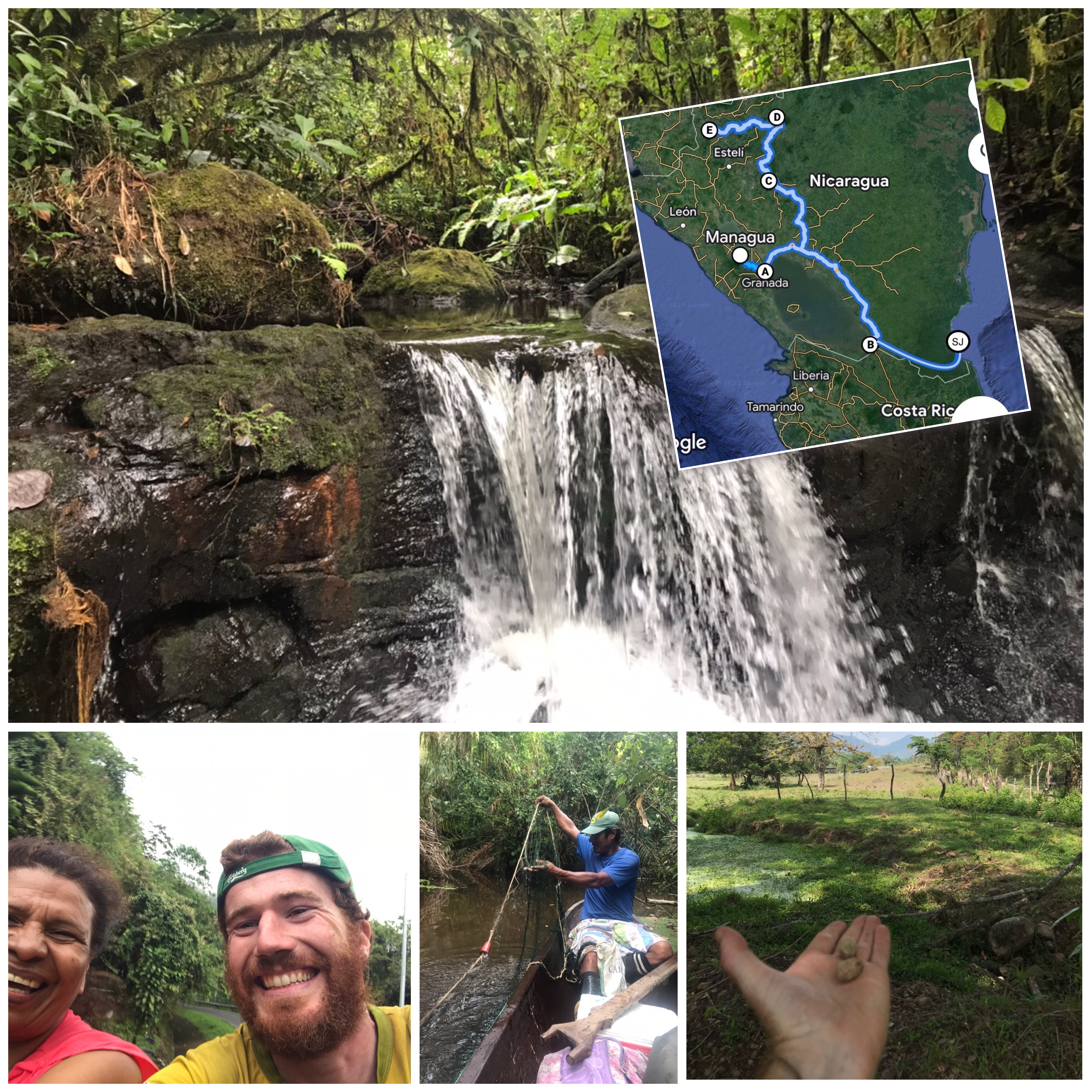
To respect the geopolitical situation, this part of the blog will be updated ulteriorly ;)
May 28, 2023
Nicaragua, here I come (part 2)!
- ➔ 30 seeds sowed
- ➔ 100 pieces of trash collected
- ➔ 10 naps
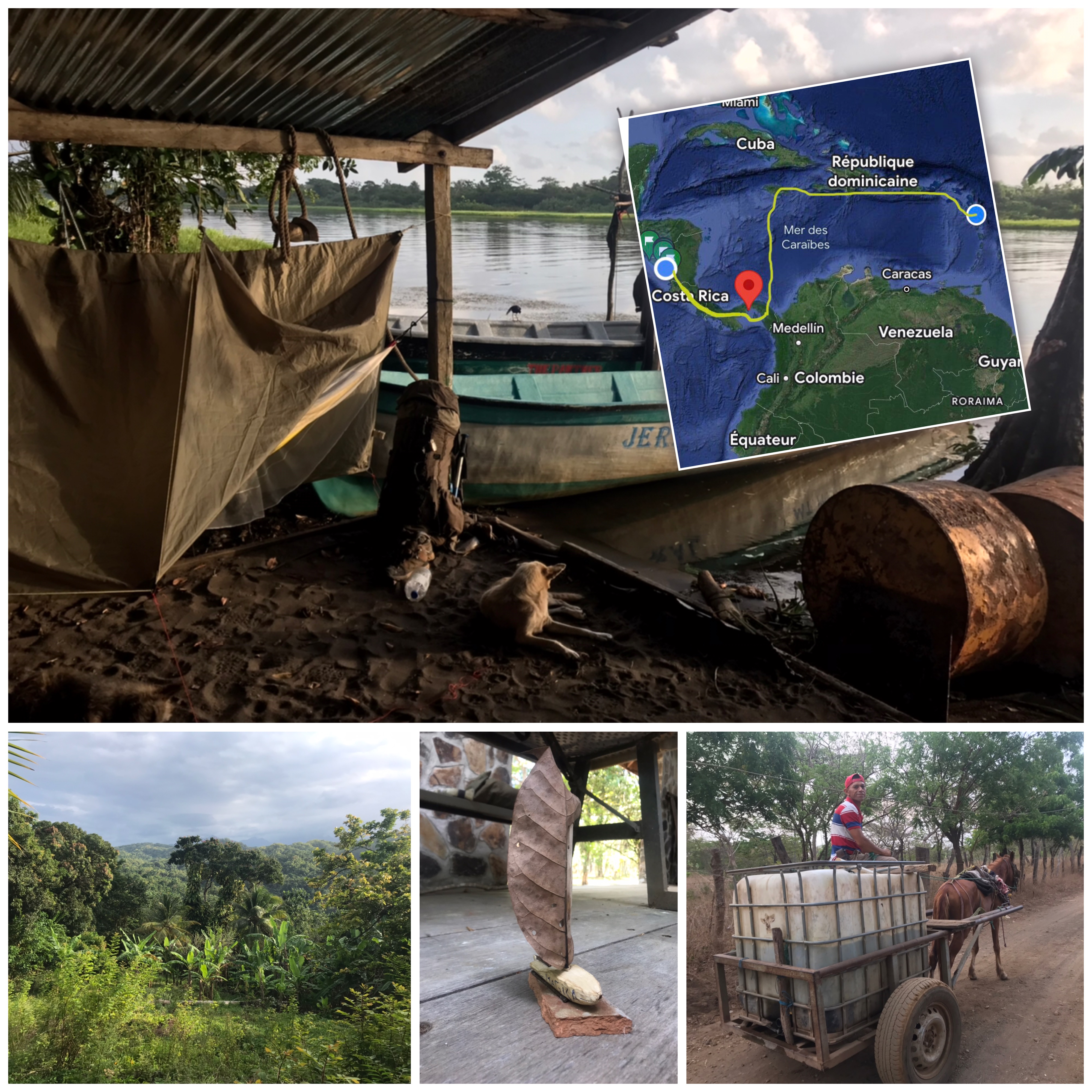
A promise is a promise, it's the end of May, and it's time for me to summarize the two months I spent traveling to Nicaragua. As for the balance sheet of the last month, I let go of my planting duties a bit, but I stayed committed to picking up trash. Now, let's get to the story.
This part of the journey began with a big challenge: hitchhiking by boat. While the departure from Portugal happened quickly (a dozen emails, a phone call, and off we go), the departure from Guadeloupe was quite different... The law of supply and demand really tested my determination. It took me three weeks to find another boat. During this time, I met with university professors who informed me about Guadeloupe's plans for adaptation and energy transition. Nothing new under the sun, we are indeed in France, with the added constraints of being on an island (the carbon footprint is 30% higher than on the mainland, mainly due to transportation). The rest of my free time, I hitchhiked near the marina's restrooms in Pointe-à-Pitre (a strategic point to meet people ;) and took a few days off to visit the island by hitchhiking. Waiting is not really my thing, and I almost gave up several times. But thanks to the support of Patrick and Nicole (a couple of friends of my older brother) and a bit of perseverance, I finally found an Argentine boat heading to Panama: the Zafiro!
Describing the crossing of the Caribbean on board the Zafiro would take too long and be somewhat off-topic. In short, we simply lived a typical boat life, with stops in Antigua and Barbuda, the Dominican Republic, and Jamaica, and sailing in between. However, I had an unexpected encounter. During a snorkeling session, I came face to face with a shark, a stingray, and a turtle. This encounter was like a scene from an animated movie. As I was enjoying my morning swim, a shark came towards me. At first, I was very scared, but then I slowed down my heart rate and waited, and it waited too. We were both there, observing each other, eye to eye. This encounter lasted only a few seconds, but it was intense and incredibly beautiful. Then, as it swam away, I had just enough time to swim a few strokes before an eagle ray passed beneath me. It glided majestically, unconcerned by my presence. It was the first time I had seen such a large animal from such a close distance and in such clear water. It reminded me of the colors you see in "Finding Nemo"; the scene felt identical. Barely having time to regain my composure, a turtle came and tickled my feet. Again, it was one of those turtles you see in movies, big, about a meter long, old and humpbacked. I like to think it came to say hello before going back to its life in the depths of the ocean. These encounters took place in a very short period of time, just a few minutes, but they had a profound impact on me. The first reason is undoubtedly because I was seeing these animals for the first time. The second reason is that I was experiencing a privileged moment, being the only human in the water for kilometers around. Finally, the third reason is probably the main one. By coming here by sailboat, I had not put these animals in danger. I had the right to be there.
So I discover that when our actions align with our values, life becomes more beautiful. Life becomes more beautiful, but also more challenging. Every day, I confront the cognitive dissonance of this world, of others, and of my own. I see climate activists traveling in vans. I see people living on the water welcoming tourists who contribute to rising sea levels. I see people who lack access to clean water buying soda. I see individuals advocating for equality traveling to impoverished areas simply because it's cheap. I see my friends traveling by plane while I refuse to do so. I see myself picking up trash and buying chocolate bars. I could make a long list, and it's true that we should put the importance of these actions into perspective, but becoming aware of this cognitive dissonance is not always easy. The reality is that these dissonances create a conflict of personal values. One value tells me that everyone can act as they please and that I am nobody to lecture on morality. Another value tells me that my fundamental freedom to breathe is under threat, and I don't like that at all. So, I try to navigate between these two concepts. There are days when I go on vacation and others when I go into battle. Nevertheless, I have the impression that overall, I am becoming more and more disconnected. I project myself into the future, and the reality of the world diverges greatly from the idea I had of it. It makes me vulnerable, but far from defeated!
Why am I saying all this? Simply to be transparent about my feelings after nine months of travel. Leading this project alone and head-on is not always easy. Nevertheless, I keep moving forward. Each day, I become more aware of our strengths and weaknesses. I see that the traces of capitalism are everywhere, with both positive and negative aspects. I am increasingly opening my eyes, and that is the starting point for taking constructive actions. So, I will continue my foundational work on the ground, and I will save the story of my experience in Eastern Nicaragua for next time. Kénavo àr ho feskenn glez and see you soon ;)
7th of May 2023
Nicaragua here I am ! (part 1)
➔ 1 tree planted and 50 graines sowed➔ 20 pieces of trash collected
➔ 30 naps
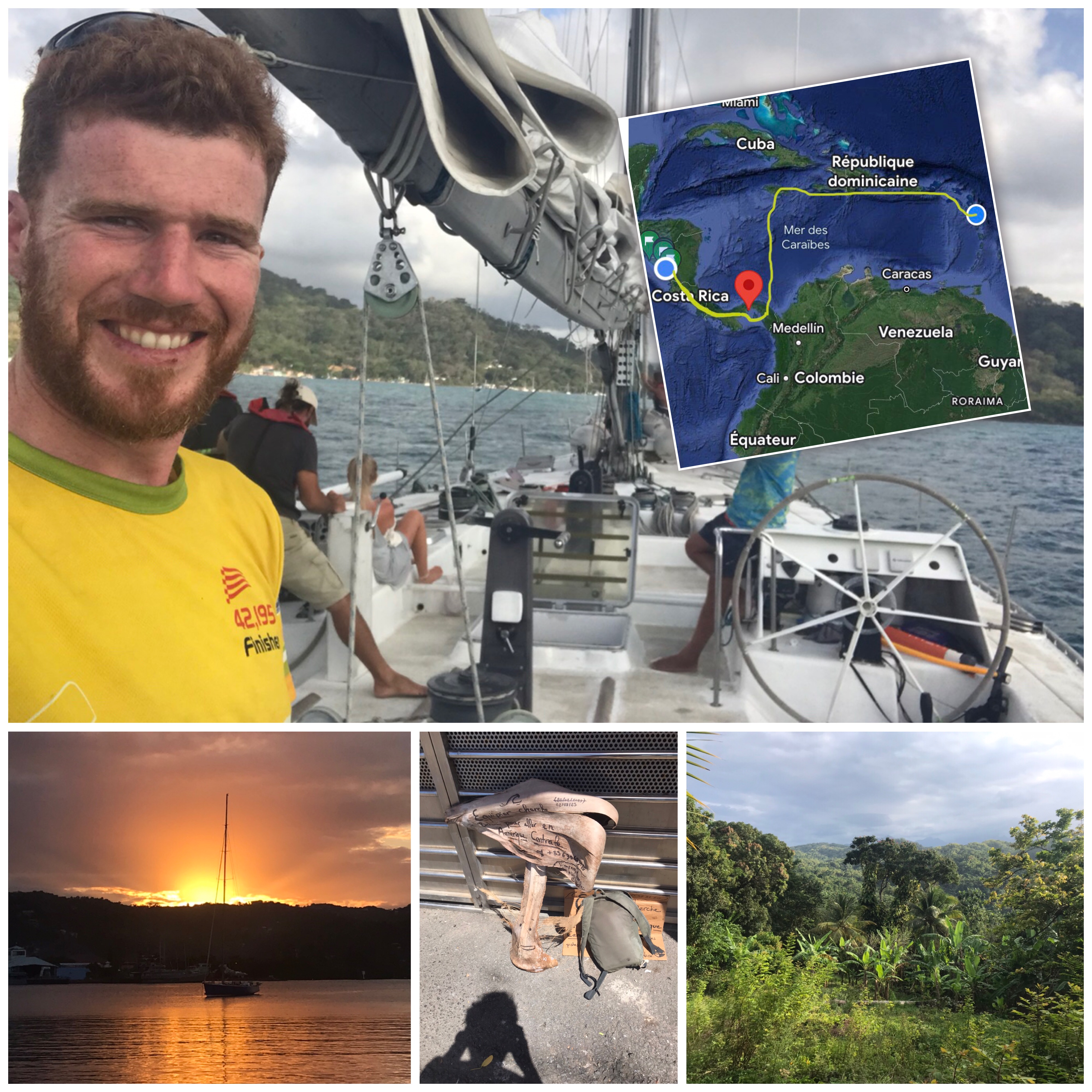
Translation in progress, sorry for the inconvenience
I did it ! It has been a week now that I am in Nicaragua. The journey was long but I can safely say that I reached the American continent without emitting more carbon than if I stayed at home. At the world scale it is nothing but at a personal scale I am very proud of what I did. Menawhile I planted a tree, I sewed some seeds, I collected some poeces of trash and I did few naps ... but there is something more important.
In Nicaragua I realised that my project needed to grow. Doing things alone has some limits and I decided to call for partenerships to get some help. This kind of work takes time and I have not found the enrgy to update the blog yet. I will do it at the end of the month. Meanwhile, the updates are on Linkedin ;) Bisous sucrés, Nico
7 of March 2023
"Ah ce qu'on est bien quand on est dans son bain ..." :)
➔ 1 tree planted➔ 20 pieces of trash collected
➔ 99 naps
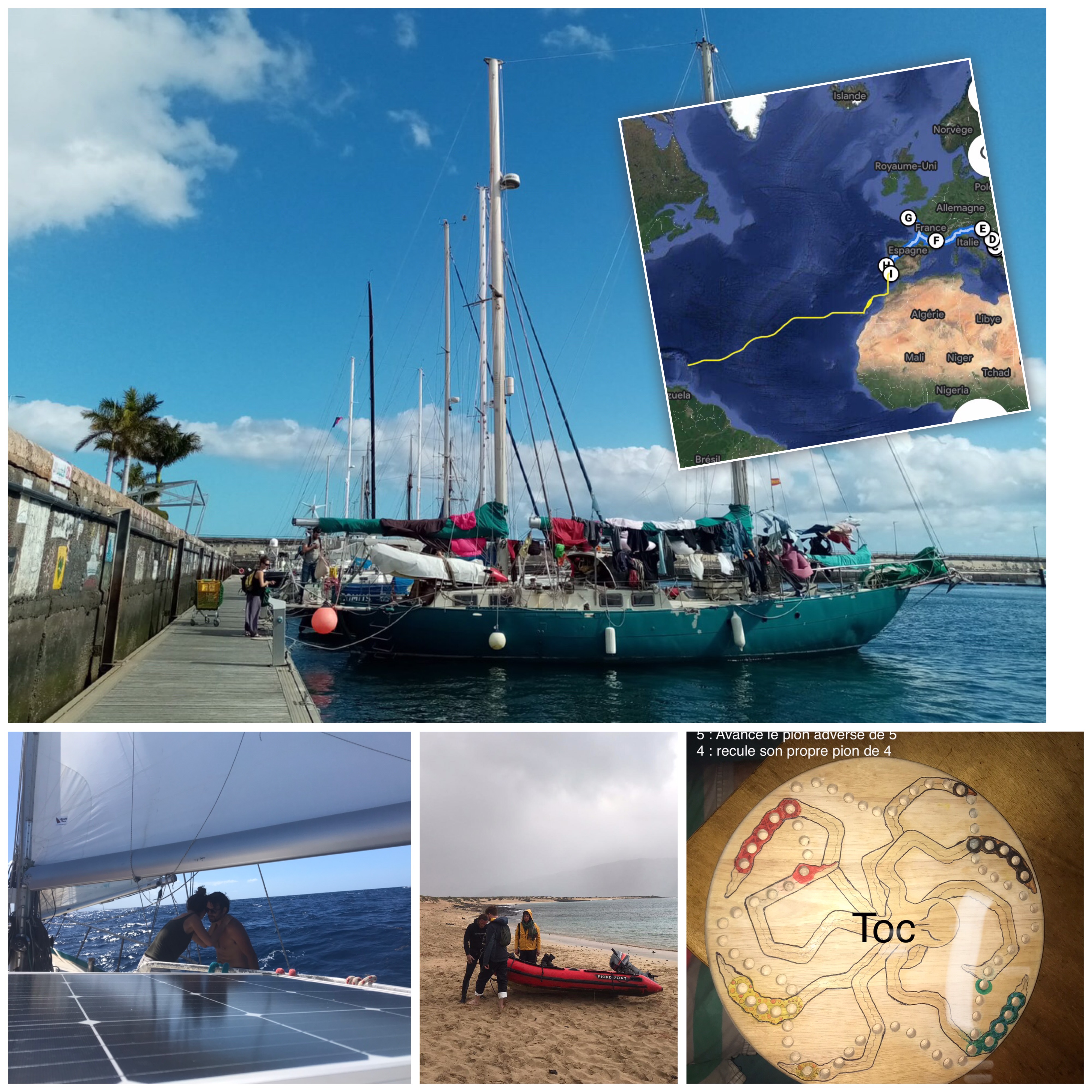
And here I go again ... After spending a few days to talk about energetic transition in North Macedonia and Kosovo, after travelling 5 days by bus to see my family for christmas and after spending a memorable new years eve in Rennes (Brittany), I took my backpack to go to Central America :) The goal is now to join Nicaragua, the only country on the American continent that have an energetic footprint below 5000 kWh per inhabitants*. But before discovering the secrets of this region, I needed to cross the Atlantic and the Carribean sea. This article relate the Atlantic crossing, during which I planted one tree, I collected 30 pieces of trash and I did 99 naps !!!
This story starts on the 30th of December 2023. I was on my way to have lunch with my family when I received an interesting message : “Hi Nico ! We are still looking for a crew member that could help us crossing the Atlantic. We will depart from Portugal in 3 days. Are you in ? ". This message was sent by Mel and Robin, a couple of sailors from Douarnenez. They were answering a call for help I sent to the Breton's community, few days before. I was outreaching about my project when Ewen of the association Lost in the Swell and Erwan from the association Maïewann told me that the Djelali, a 17m steel sailing-boat, was about to leave Europe to go to the french Antillas. I offered my help and Mel and Robin answered positively to my request (Djelali-tricks).
The opportunity was too good to pass up. Having the chance to cross the Atlantic by sail and with trustable people, I could not dream of a better option. I canceled my professional meetings and and I said yes. On the 3rd of Janvuray 2023, we were leaving the harbour of San Antonio de Vila Real, the wind in our sails. The crew was composed of nine people : Robin, Mel, Gwen, Nayra, Math, Max, Nat, Soso (a three-month-old baby) and myself. It took us 10 days of sailing to reach the western side of the Canary Islands and 19 more days of sailing to reach Guadeloupe. Between these period of naviagation, we moored in different places. While waiting for better winds, we worked on the ship, supply it with food and got some rest. Overall, this journey lasted one month and a half and we reached Guadelpoupe on the 17th of Ferbruary.
During the weeks I spent on board of Djelali, I did not plant many trees nor collected many pieces of trash. However, I did a lot of naps ! In fact, I was forced to do so. The fisrt rule I learnt on board of Djelali is that, at sea, one need to avoid waisting energy to be ready when the time comes. When you start to feel cold, you should put some clothes on, when the clothes are wet, you should change them for dry ones and, when the tiredness comes, you need to rest. I took this rule of “prevention is better than cure” seriously. In fact, I already experienced a bad situation in the balkans. While I was hiking aside a lake, I got caught up by a storm. My tarp did not hold and I spent an exhausting night fighting against the rain and the coldness. On the next day I directly went to the hotel to get some rest and dry my things. I concluded that if I had decided to sleep in a hostel in the first place, I would have spared some time, money and energy. Unfortunately (or fortunately), hotels do not exists in the center of the Atlantic and there is small room for mistakes. In these conditions, it is necessary to show good judgement. Managing your energy is one of them. By chance and thanks to the good decisions of our captain Robin, we (almost**) had a smooth crossing.
The collective experience is another very important part of living on board of a sailing boat. A transatlantic can become a nightmare when the crew members do not get along together. In fact, leaving on 45 square meter in the middle of the ocean is a challenging experience. When some people are waking up, others are sleeping, when some want to spend time together, other want to be alone and when some are tired, others want to party …. Humours are passing from hand to hand very quickly and it is important to respect the need of everybody for the life one board to be smooth. This was the case on borad of Djelali, and that what I liked the most. Of course tensions are inevitable when living 24h/24 together on a so small space (Watch out, it is time to cook ! ;). Nevertheless, every "crise" was followed by a reaction of empathy from everyone and I believe this is why the journey went so well. Thanks and congratulation to the whole team !
To summarise, crossing the Atlantic without a plane demands time and engagement. However, the experience is totally. On board of Djelali we had the chance to live fantastic moments, out of time. We visited places inaccessible by car, and swam in the middle of the Atlantic Ocean (the sensation is breathtaking !). We had the chance to watch fish, dolphins, whales and birds. We learnt how to recognise stars, feel the wind, and navigate with a sextant. We made beautifull encounters and learnt how to make bread (merci Fanny :). Finally, we took time to read, play music, sing, play board games and live together. Thus, a sailing trip is much more than a simple energy balance. Nevertheless, it is important to notice that, while sailing, we used 18 times less energy than if we had travelled by plane. If I may explain, according to www.e6-consulting.fr, the construction of a reggata boat emits 25 tonnes of carbon, which roughly correspond to an energy footprint of 90 000 kwh***. According to those number and considering an energetic quota of 3000 kwh per year, 50 years of navigation were probably enough to pay off the energy used for the construction and the maintenance of the Djelali****. Thus, the energy used for this trip is mostly due to the transport of crew members on the embarking site. Because six trips were made by train/bus and one by plane, I believe the consumption to be less than 2000 kWh****. If all of us would have taken the plan we would have consumed 36 000 kWh****. Thus, travelling by sail saved an important quantity of energy.
More generally, sailing trips are the past and, most likely, the futur of cross Atlantic transport. However, for this futur to be true, one need to make the right choices. Nowadays, the energy produced by renewables is insufficient to extract the minerals necessary to build and modern sailing boat or transport passengers by plane. Would it still be possible to sail through the Atlantic in a 3000 kwh world ? We will discover that soon. However, one need to keep in mind that every time we waste energy, we reduce our chances of finding solutions that would make this world come true. But now it's time for me to go, Kénavo àr ho feskenn glez et à bientôt !
(Oh ! But by the way, what does it mean to waste energy ? ;)
20th of January 2023
Idéfix is not Albanian but my grand-mother might be ... :)
➔ 60 seeds sowed➔ 50 pieces of trash collected
➔ 2 naps
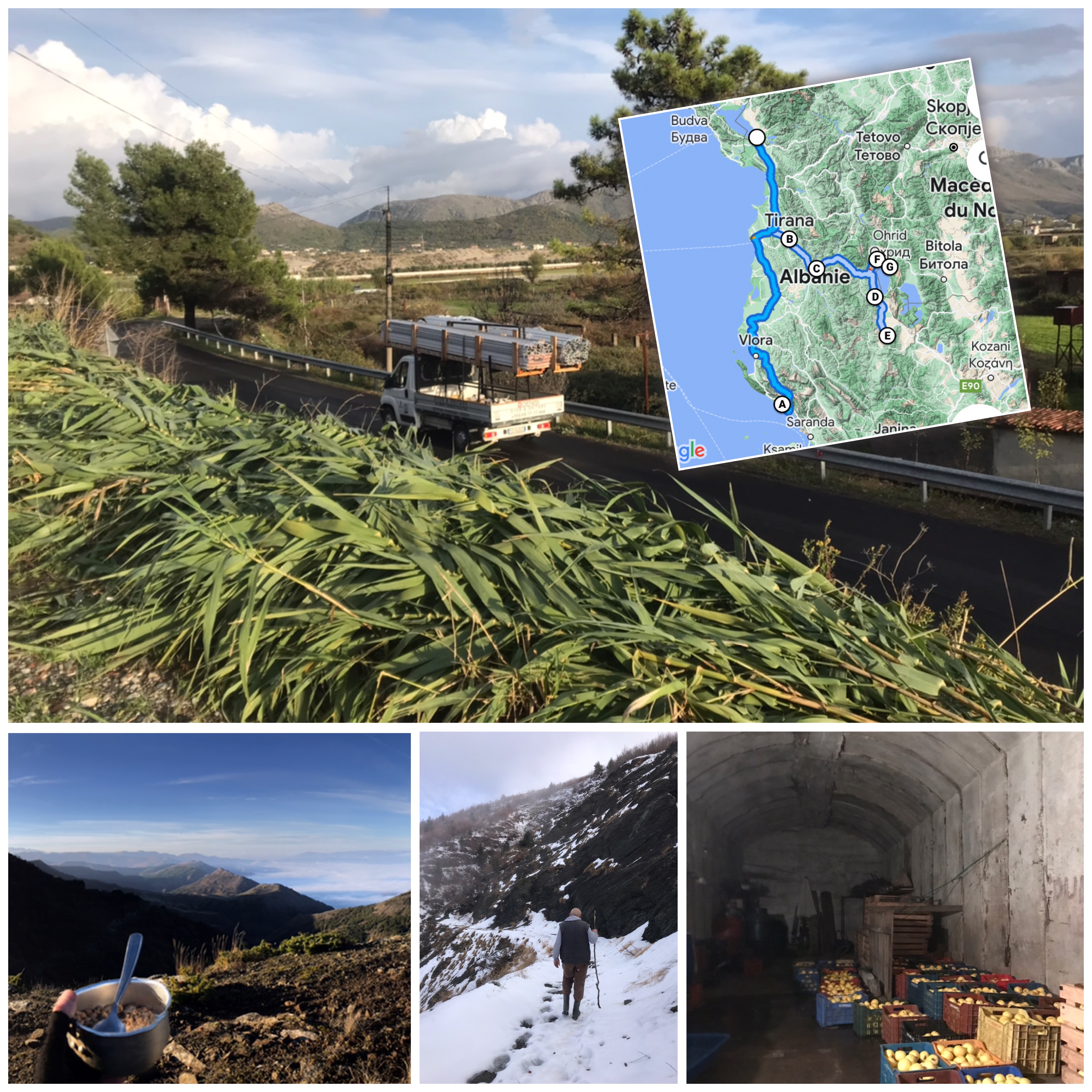
“Apologises !” … Why being so late in writing this chronicle ? The answer is quite simple, I got caught up by the frenzy of the last few days. In fact, I am now travelling towards Central America and my mind is already far from my Albanian experience. Nevertheless, I will do my best to relate what I found during the end of the year 2022, during when I collected 60 pieces of trash, sowed 50 grains and did 2 naps. On menu, a dog attack, an endless generosity and a personal experience at the frontier between research and human encounter.
In Albania, I finally found a balance between exploring and researching. Favouring social experience, I only spent few days in nature. Nevertheless, these days where very precious and I made them count. Overlooking a sea of clouds I felt a profound sense of freedom. My travelling notebook remembers it, one can read : "I am thirty years old, I am young and I am free". Cherishing these thought, I followed my path along a snowy crest and I got attacked by three dogs. They looked like pumped up wolves (that’s how look mountain dogs in Albania^^) and fortunately, a guy named Spartak helped me getting out of this bad situation. I only had a minor bite and my bag torn but since then I always walk around with a stick :) Finally, a few days later, I enjoyed a royal bivouac at the border between Albania and North Macedonia. Enjoying a breathtaking view above the Lake Ohrid, I prepared my meal by the fireplace thinking of my elder brother, Alexander.
For the rest, I spent most of my time between cities and countryside, observing local ways of living. However, before getting into more details I must do a mea culpa. In the precedent post I reported about my fear of not having access to drinking water in Albania. This fear turned out to be unjustified. Although many people take their bikes to fill water bottles at the source, I have never been sick from drinking tap water. I also talked about endless forests, which is only partly true. In Albania, agriculture is very present and large crop fields (in the plain) exist alongside wild nature (in the mountains). This agriculture seems sustainable. In fact, with an average salary of 300 euros per month, farmers do not have enough money to practice intensive agriculture. In consequence, industrial food is better. Without even realizing it I got read of my addiction to sugar. Bureks became my main diary and the snickers I used to eat lost their flavor.
I also experienced the legendary generosity of Albanian people. Impossible to sleep under the stars without hiding ! Edmond and Nevrus welcomed me into their family without letting me a chance to continue my journey. A chance for me because I was able to spend two memorable evenings. I played the PlayStation, watched the World Cup, enjoyed a private concert and ate more than enough (like at grandma's you have to eat!). Finally, many people offered me fruit on the way : “take the whole bag!”. Too heavy for my backpack, I gave them away and got many smiles in return.
More generally, I am impressed by this country. Albanian people manage to stay honest and welcoming despite the harshness of their life. I wonder if I would act the same in their situation …
Regarding my project, I went to Albania with a specific goal : understanding how is it possible to live with a low energy footprint at a country scale. On paper, Albania is by far the best performer in Europe. With an energetic footprint of 7000 kWh per inhabitants (more or less imports/exports), Albanian people use 6 times less energy than French people (around 40,000 kWh per inhabitants, including the imports/exports). In terms of CO2 emissions, Albanian people currently contribute to a global warming of +1 degree per century** (more or less the imports exports) while the French people contribute to a warming of +6 degrees per century*** (yes yes, even while using nuclear energy). To be even more explicit, if everyone did like the French (or western countries in general) it would only take 10 to 20 years before we reach the limit of non-adaptability to climate change**** … From this perspective, Albania is a much better example. 7000 kWh of energy consumption is already too much but it’s a starting point for Europe.
In the end, I only spent three weeks in Albania and I didn't have enough time to really understand how people could have such a low energy footprint. With the presence of slums, the difference in the standard of living is clear, but saying that the quality of life in Albania is 6 times worse than in France is far from obvious. It is true that as a white French male, my vision is biased because I have access to all social privileges. Nevertheless, I observed that Albanian cities have a comfort similar to Western cities for those who have money. Although schools and universities have less money, Albanian people have access to an education of good quality, equivalent to ours. Even though the health care system seems corrupted (I heard that it takes time to get treated if you don’t know the right person), urgent operations such as appendicitis are covered by the state. Drinking water is accessible everywhere and I could not observe any malnutrition. On the contrary, food quality is good because of the lack of industrial products and I did not see any problem of obesity. Finally, the Albanians I met knew all about the World Cup, which says a lot about their access to information ... In short, it confirmed my intuition : living with a low energy footprint is possible even if today it means living in poverty (because wealth is unevenly distributed within and between countries).
Social issues left aside, Albania remains a model of energy efficiency in many ways. Relating to what I saw, It seems that the first thing to do to reach energy efficiency in France is to develop 0 carbon agriculture : without pesticides, to preserve the biodiversity and, using machines of low energy consumption. Heavier machines could be used to compensate for extreme climatic events. Theoretically, this would reduce our contribution to global warming by 1 degree and reduce our energy footprint by 5000 kWh/hbt. At the same time, this would improve the quality of our food, soil and water and thus increase our resilience to extreme events. This type of agriculture already exists in France but not at a large scale. To do so, the number of farmers need to be increased. In fact, an agriculture without machines requires more hands. Today, only 1% of the population does this work* and I think it should be increased up to 10% (personal estimate after talking to a German farmer). The second thing to do is to develop a car-free lifestyle (which goes along with the local agriculture suggested above). In Albania, car owners are minority and many people travel by public transport, by foot, by bicycle or even on donkeys. Pollution related to transport is therefore limited. In France, cars contributes to a warming of 1.2 degrees/century on average and planes to 0.3 degrees/century. If we were able to establish an Albanian way of life, we would reduce our contribution to global warming by 1.5 degrees and reduce our energy footprint by 8500 kWh/hbt. Obviously, this kind of measure would require profound changes in our lifestyles. Cultivating land requires daily work. No longer traveling by car and plane involve to do smaller trips and taking more time to travel. We find both aspects in Albania. The people with whom I had the chance to exchange work every day of the week, without holidays and travel little. They have less free time but a much slower pace of life, giving place for unexpected events. Overall, redeveloping zero-carbon agriculture and marginalizing our use of rapid transport would reduce the French contribution to global warming from 6 to 3.5 degrees per century. If all the rich countries followed this model, it would save a few decades before reaching the limit of climatic non-adaptability. We would then have more time to reduce our energy consumption in other sectors or find solutions to consume or produce energy differently. More importantly, it would give a chance to people who will live in 2050 to adapt …
My comparison between France and Albania ends here. There is no tool to quantitatively compare the energy footprint between rich and poor countries. This comparison is important because it would allow to quickly target the energy waste that we cause in terms of housing, purchases and public services (In France, these items contribute to a warming of around 1 degree each, i.e. 3 times the annual contribution of Albanians to global warming). Targeting this issue, I spent the rest of my trip meeting researchers in Albania, North Macedonia and Kosovo. I learned about the energy transition plans of these different countries and by comparing them to the French plan, I understood that we are going in the wrong direction … But let’s keep the explanation for a next post. The dolphins playing with the bow of the sailboat I sail remind me that I should shut down my phone ... Kénavo àr ho feskenn glez and see you soon !
28th of November 2022
Don’t listen to Plastic Bertrand ;D
➔ 1 tree planted and 100 seeds sowed➔ 30 pieces of trash collected
➔ 3 naps (I do less and less :s)
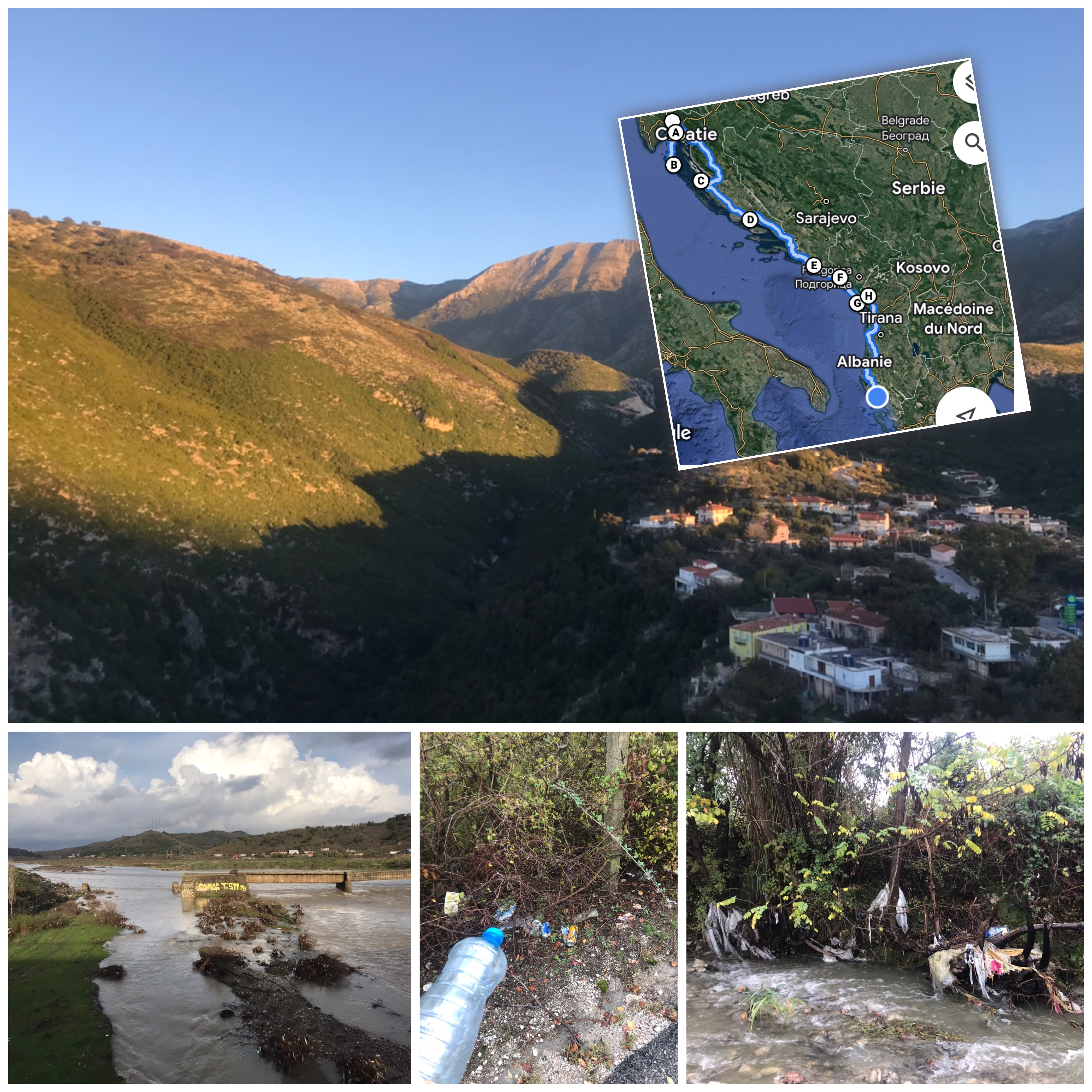
Here we are, after another month travelling, I am now in Albania ! Following the Croatian and Montenegrin coastline I ended up crossing the border on the 15th of November. Along the road I planted one tree, sowed hundred of seeds, collected thirty pieces of trash and did three naps. I also understood how much courage it takes to travel on your own … To summarise, I had to adapt.
The first adaptation I had to face is the fear of the unknown. Before crossing the Montenegrin and Albanian border, I found myself without benchmarks. Before telling why, I should mention that I decided to travel with as minimum technology as possible. My technical gears are limited to a tarp, a sleeping bag, a mattress, a headlamp, hiking shoes and a smartphone (without external battery). Thanks to that philosophy, I travel light with the maximum of freedom. However, because of that philosophy, I often face uncomfortable situations : not having internet access, not knowing the weather forecast, not knowing where I will sleep the night and having just enough battery for emergency call. Usually it does not bother me but in uncharted ground it is a different story, specifically in regions where the access to drinkable water is likely to be limited … I know two possible ways to overcome this fear. The first is to find people to support you. This is what I did for the Montenegrin border, crossing it in company of Victor and Hugo, two modern voyagers, «habillés mais culottés ». The second is to take time, fill up your energy level and find a ways to be as close as a familiar ground in order to lower your fear. This is what I did to cross the Albanian border. I found a map and I made sure to be at walking distance from the closest town. In the end, everything went well and there was nothing to be feared. I met friendly Albanian people and I did not die from thirst :) I want to share this experience because it echoes with our way of apprehending climate change. We travel in unknown ground and the finish line seem terrifying. Thus, we should take our time to explore different ways of functioning, each of us at our own pace, with our own tools, without judgement and while helping each other. Let’s wait the end of the game to do maths* ;)
The second adaptation concerns the plantation technic. Along the Balkan coastline, the soil is arid and the roots go deep into the ground. Because of that, it is impossible to dig up seedlings to replant them in another place. Instead, I started to sow seeds, which I find along my route. To prevent the proliferation of invasive species, I make sure that these seeds give birth to trees originating from the Adriatic region. This way, I help the dissemination of seeds and I let the natural process deciding if the plant should grow or not.
Finally, I had to adapt to the societal context of the countries I cross. In fact, only few hundred kilometres away from my old town, I already see that the part of the project that consists in planting trees and collecting trash does not really have a meaning in some regions. In Monténégro and Albania the trees are numerous and the recycling process is almost inexistant. What is the meaning of planting trees in forests and collect trash where there is no bin ? Still, I kept doing it. By sowing seeds I contribute to the genetic diversification of the forests. By collecting trashes, I might give few hours of rest to animals that could have ingest it. Nevertheless, seeing this mountain of plastic trash breaks my heart. I know they will end up in the ocean and I feel powerless. My first reaction has been to blame the locals : why do they not care about their environment ? But I quickly changed my position. Blaming them is forgetting that the processing of waste does not exist in those countries. What other solutions do you have than buying plastic bottles when the water from the tap is filthy ? Blaming them is also forgetting that the general use of plastic is associated with the occidental lifestyle. We use enormous amount of plastic and we have exported our way to do so. Trash are less visible in our countries because we found a way to hide them. We recycle a part, burn another and export the rest (take the exemple of old cars). In the end, the energetic and environmental cost might be even more catastrophic. Blaming them is finally forgetting that plastic is a product derived from petrol, ressource that we should stop using. Thus, let’s start reducing our dependance to petrol by stop using plastic, asking first for which usage do we need plastic ? What alternative solutions do we have ? Which one are energetically efficient ? Answering those question would contribute solving the climate crisis lead by the consumption of petrol, gas and coal and the environmental crisis associated with the use of plastic. Not bad, is it ? ;) **
I already said a lot of things today so I will stop here. Next month I will talk about my first contact with Albania. Meanwhile, kenavo àr ho feskenn glez and à bientôt !
28th of october 2022
Walking in the bear country
➔ 5 trees planted➔ 60 pieces of trash collected
➔ 5 naps (I will do better next month :)
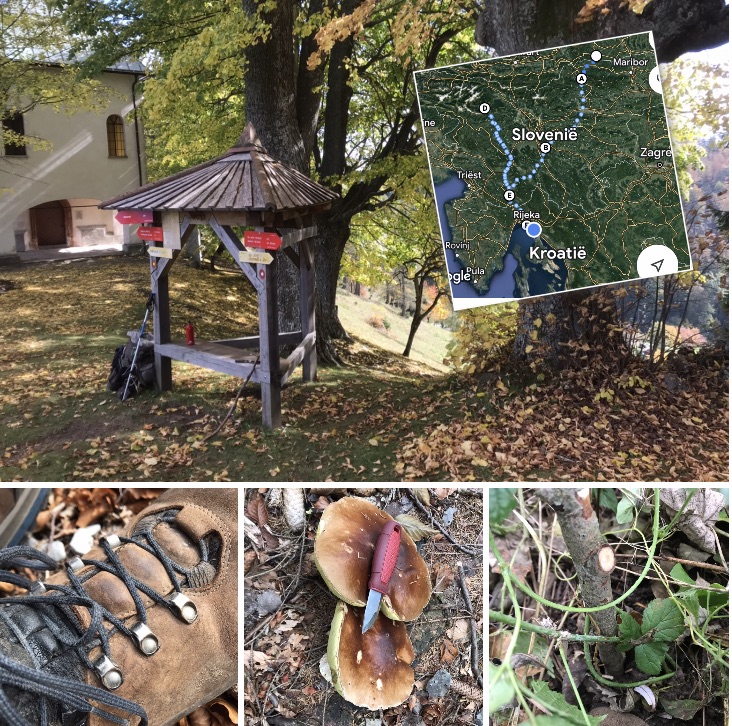
One month after my first article, it is time to write the second one. This month, I challenged myself to cross Slovenia by foot, following the european pathway E6. The idea was to travel with a fixed direction, get fit on my feet and visit a country where water is for free of taxes and bears are nice. Concerning my project, it was also the occasion for me to do an energetic comparaison between walking and driving a car. Thus, I took two weeks to cross Slovenia from North to South and, while waiting for picking up my international bank card, I spent a week in the Triglav National park in the North of the country.
On my way I planted 5 trees, I collected 2 pieces of trash a day and I did 5 naps. I met confident and welcoming Slovenian people (specifically I would like to thank Bruno, Tatiana and Anze, who spontaneously invited me to stay overnight in their house even though they did not know me). I discovered a human sized country where it was very pleasant to walk in. I reached my main goal by seeing bears (butts counts for two), which made me happy. I also got lost in the middle of the bears later that day at night, which intimidated me :). But mainly, I had a discussion in the Northern part of the country, which opened my mind. While talking with a trader specialised in hiking shoes, I learnt how people from France, Germany and Holland where hard in buisness. This man explained how they refused to sell him products (and still do) because the Slovenian market was too "small". Thus, he had to fight hard be part of the game. In the end, this kind of condescension from the "big" countries towards the "small" made me wonder which one are the smallest ...
Concerning the project "Towards 3000 kWh", I wanted to show that we where using less energy by walking than by driving a car. In the end it was not so obvious* and thus I and asked the question differently : Is it realistic to drive a car when having energetic quota of 3000 kWh per year ? After some research I found that we needed to use 60 000 kWh** to build an electric car, which is 20 times more the annual quota. Imagine saving 20 years of energetic salary ty buy a car ... By comparison, today one need to save 2 years of salary. This means that tomorrow, without petrol, a car should be at least 10 times more expensive and cost the price of a house***. A simple calculation shows that in a few years cars will be only accessible to very rich people. Thus, for the ones who are not very rich, this a nonesense to develop the car market. Today, the market for electric cars is expanding. Car constructors argue that electric cars are a reliable alternative for the futur and governements seem to buy it. The truth is that developping such a market is a waste of energy that could be used to develop transportations alternatives that are les energy consuming. Based on this conclusion, I have a question adresses to the team of the poor, middle classe and rich people : Before our children have no choice but walking because we have wasted all our ressources on stupid choices, what is our strategy to end up in a world without cars ?

Thinking about this question I will continue my trip through Croatia. Next destination, Albania. But before arriving there, kenavo àr ho feskenn glez et à bientôt !
28th of september 2022 (translation in progress)
From Lorient to Prague
➔ 3 trees planted➔ 25 pieces of trash collected
➔ 14 naps
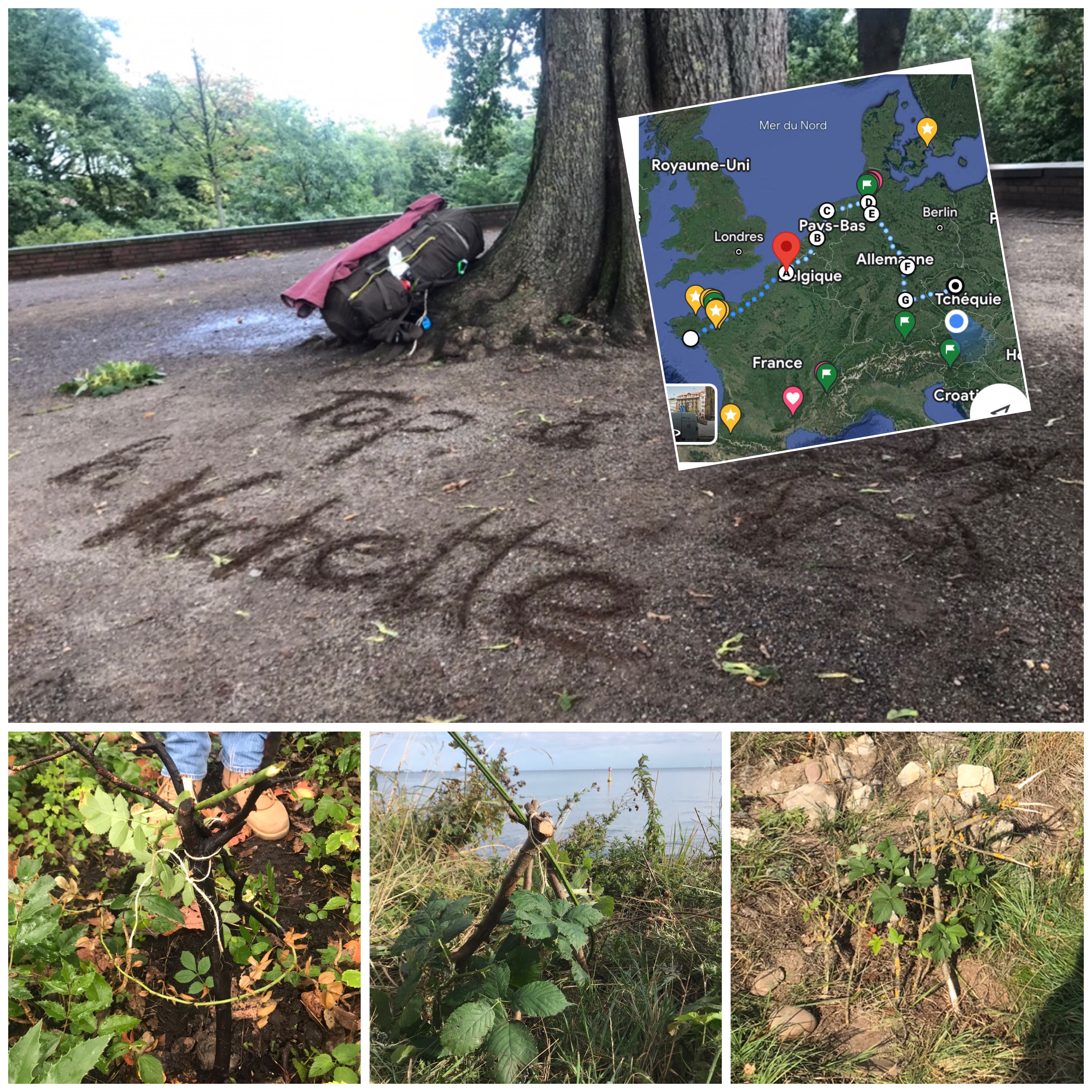
Today is the national day in the Czech Republic and I take this opportunity to write a few lines about my trip. I can officially confirm that the project "Objectif 3000 KWh" has started. Leaving Lorient on September the 7th, I plan to reach by mid-november the first country in my top list : Albania.
J'ai profité de cette première partie de voyage pour rendre visite à des proches auxquelles je voulais dire au revoir. Pour le faire j’ai combiné le train, le bus et le stop. Je suis consécutivement passé par Lille, Utrecht, Bremerhaven, Bremen, Nürnberg afin de passer quelques instants avec eux et profiter de leurs derniers conseils. Sur la route, je me suis également fait les jambes en en marchant 60 km le long des berges de la Berounka, affluent du fleuve qui traverse Prague. Je voulais rejoindre la capitale Tchèque au plus vite mais les forêts sont tellement vivantes ici que je n’ai pu m’empêcher de m’y arrêter pour observer la faune et la flore locale (J’ai vu trois martins-pêcheurs dans ma vie dont deux en deux jours, et c’était en République tchèque :). C’est également la première fois que je rentre dans une capitale en la traversant à pied. D’habitude on y rentre en son centre, en descendant du train ou du bus. Rentrer dans la capitale d’un pays par sa périphérie (à pieds) permet d’en apprendre beaucoup sur son fonctionnement … je conseille de le faire au moins une fois pour s’en rendre compte. Malgré tout, après avoir fait quelques lessives et bu d’excellents cafés, j’ai décidé de quitter Prague. Bien que la metropole soit très belle, je n'ai pas grand chose a apprendre ici.
Me voila donc dans un bus en direction de la Slovenie et il est temps de conclure. Je voulais finir par mentionner qu'au dela des choses que j'ai vu, ce sont les discussions que j’ai eu lors de ces trois dernières semaine qui ont été ont été les plus importantes moi. Elles ont alimenté ma réflexion sur de nombreux sujets. Notamment, elles m’ont permises de comprendre qu’une autre relation avec notre territoire était possible et nécessaire pour atteindre la sobriété énergétique dont nous avons besoin. C'est un vaste et important sujet que je réserve pour un prochain poste.
Sur ce, gros bisou sur la fesse gauche et Kénavo !
PS: dédicace à tous les petits bouts qui sont nés aujourd’hui, dont une spéciale dont je tairai le nom ;P
